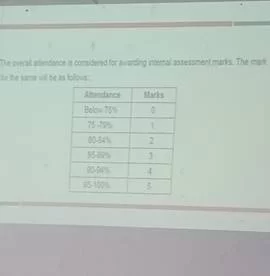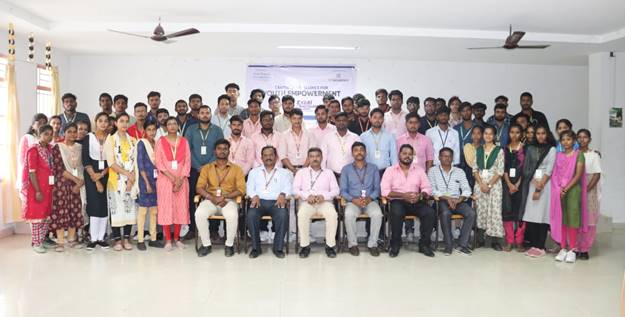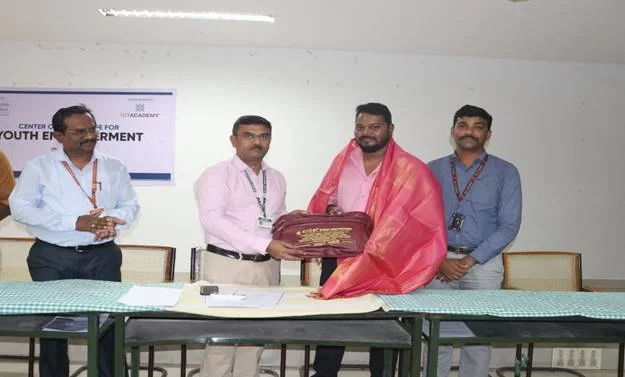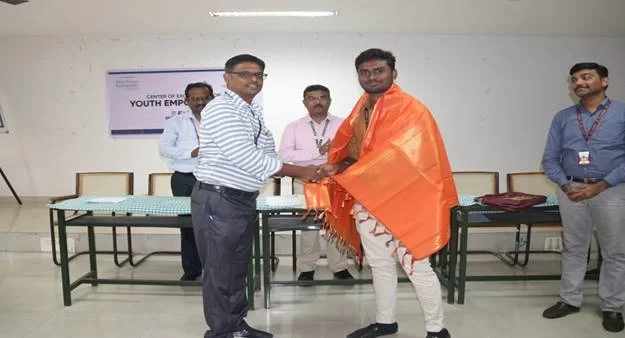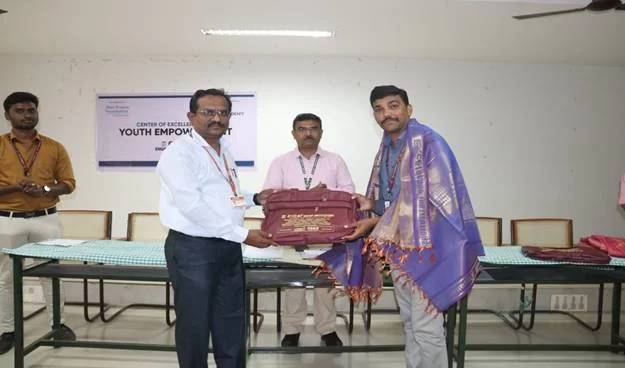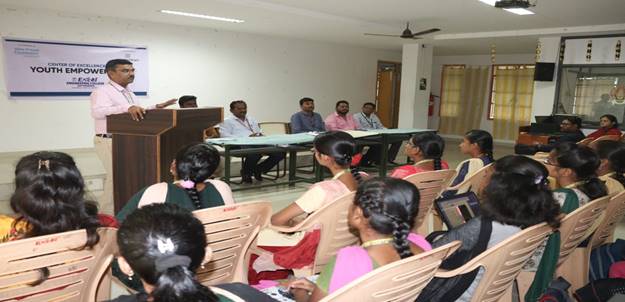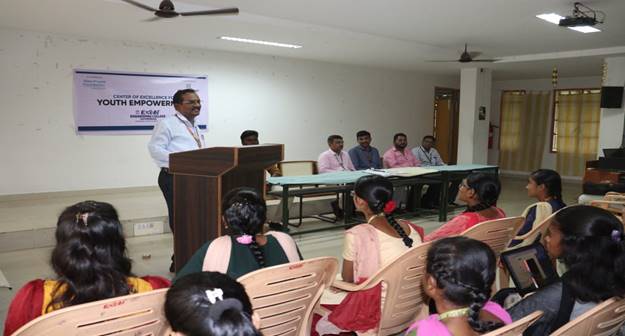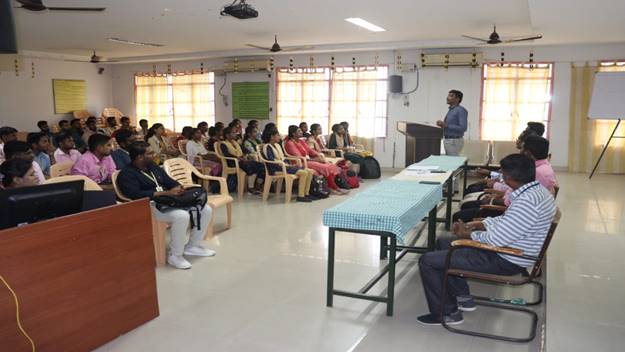Computer Science and Business System
Computer Science and Business System
Vision & Mission
Programs Outcomes & Objective
Programme Outcomes (POs)
Program Outcome describe the knowledge, skills and attitudes the students should have at the end of a four year engineering program.
Engineering Graduates will be able to:
- Engineering knowledge: Apply the knowledge of mathematics, science, engineering fundamentals, and an engineering specialization to the solution of complex engineering problems.
- Problem analysis: Identify, formulate, review research literature, and analyze complex engineering problems reaching substantiated conclusions using first principles of mathematics, natural sciences, and engineering sciences.
- Design/development of solutions: Design solutions for complex engineering problems and design system components or processes that meet the specified needs with appropriate consideration for the public health and safety, and the cultural, societal, and environmental considerations.
- Conduct investigations of complex problems: Use research-based knowledge and research methods including design of experiments, analysis and interpretation of data, and synthesis of the information to provide valid conclusions.
- Modern tool usage: Create, select, and apply appropriate techniques, resources, and modern engineering and IT tools including prediction and modeling to complex engineering activities with an understanding of the limitations.
- The engineer and society: Apply reasoning informed by the contextual knowledge to assess societal, health, safety, legal and cultural issues and the consequent responsibilities relevant to the professional engineering practice.
- Environment and sustainability: Understand the impact of the professional engineering solutions in societal and environmental contexts, and demonstrate the knowledge of, and need for sustainable development.
- Ethics: Apply ethical principles and commit to professional ethics and responsibilities and norms of the engineering practice.
- Individual and team work: Function effectively as an individual, and as a member or leader in diverse teams, and in multidisciplinary settings.
- Communication: Communicate effectively on complex engineering activities with the engineering community and with society at large, such as, being able to comprehend and write effective reports and design documentation, make effective presentations, and give and receive clear instructions.
- Project management and finance: Demonstrate knowledge and understanding of the engineering and management principles and apply these to one’s own work, as a member and leader in a team, to manage projects and in multidisciplinary environments.
- Life-long learning: Recognize the need for, and have the preparation and ability to engage in independent and life-long learning in the broadest context of technological change.
Programme Specific Outcomes (PSOs)
Program Specific Outcomes are statements that describe what the graduates of a specific engineering program should be able to do.
- To create , select, and apply appropriate techniques, resources, modern engineering and business tools including prediction and data analytics to complex engineering activities and business solutions.
- To evolve Computer Science domain specific methodologies for effective decision making in several domains like business processes and other domains.
- To manage complex IT projects with consideration of the human, financial, ethical and environmental factors and an understanding of risk management processes, and operational and policy implications.
List of Laboratory
Problem Solving and Python Programming Laboratory
Physics and Chemistry Laboratory
Engineering Practices Laboratory
Data Structures Design Laboratory
Department Activities
Code of Conduct
Our Department of Computer Science and Engineering & Computer Science and Business Systems conducted “Code of Conduct” at A1 Block – 102 & 103 on 03.07.2023 for the 3rd year students. Dr.P.C.Senthil Mahesh HOD/CSE welcomed and addressed the students about neat dress code, wearing ID Cards, shoes, professional haircut, not using mobile phones in classrooms during class hours, computer centre, library, Maintenance of attendance percentage, Value Added Programs details, Honors and Minor Degree for 2021-2025 batch students, One credit course, NPTEL course Details, Course Registration Form Details, Fast track Mode, Placement Trainings, Not paying Tuition Fees/Hostel Fees/any other charges by specified time, No one is allowed to come to college by bike and All students are directed to ensure that they maintain discipline at all times etc.,
Value Added Course on “Data Analytics”
ATOS sponsored CSR initiative 15 days Value Added Course on “Data Analytics” conducted by Department of Computer Science and Engineering & Computer Science and Business Systems at TVR Hall. The resource person is Mr.Deepak Ganesan, Senior Technical Trainer, ICT ACADEMY. It is a good way to start preparing so that you can build up your resume and start applying for data analytics jobs is with some hands-on experience. Data analytics projects for grade students can help them learn big data analysis by doing instead of just gaining theoretical knowledge. Data analytics projects for practice help one identify their strengths and weaknesses with various big data tools and technologies. You may feel that you are better able to understand and grasp some projects or some parts of a project more than others. Exploring various big data projects gives a better idea of where your interests lie while working with different analytics tools. Working on advanced projects boosts your confidence with respect to working in the field of data analytics and gives you a sense of accomplishment once you manage to complete a certain project.


